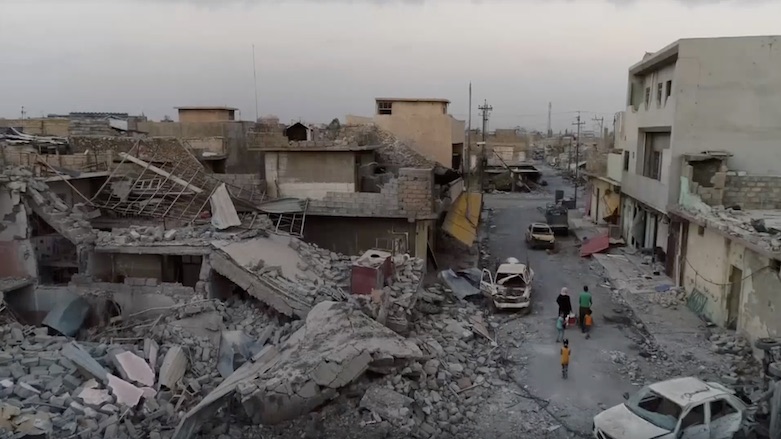Healthcare in Mosul remains unavailable or far too expensive for residents
Over two years after the Islamic State was forced from the embattled city of Mosul, the condition of health care remains largely unavailable and extremely expensive, according to residents and international organizations.

ERBIL (Kurdistan 24) – Over two years after the Islamic State was forced from the embattled city of Mosul, the condition of health care remains largely unavailable and extremely expensive, according to residents and international organizations.
“My daughter had an abdominal infection. We were forced to seek treatment in a private clinic as the treatments in the governmental hospital did nothing to improve her health. This ended up costing half of my monthly salary in one day,” said one man, who gave his name as Osman, after seeking treatment for his 23-year-old daughter.
Another, named Marwan Abdul Azim, said, “Medical care in Mosul has turned into a business for the private clinics without any consideration for the people’s economic status.”
“Most of the time our whole salary is hardly enough to cover the medical tests and the medicines,” he added.
After the joint military operation to liberate Mosul from the Islamic State left much of the city destroyed, the local health system has been severely degraded, especially in the western half of the city where it is still nearly non-existent.
Nineveh province previously had six private medical centers, including 16 hospitals with a total of 4,600 beds. Now, only 1,700 beds are now available to over 3,700,000 individuals in the province, according to the Data from Nineveh’s Health Directorate. Previous reports from Doctors without Borders (MSF) have claimed that just thirty percent of the previous capacity has been restored and that pregnant women and newborns still lack access to safe medical care.
Read More: Mosul's deputy governor calls on Iraq to improve condition of hospitals for residents
Before the 2014 rise of the Islamic State, Ibn Sina Hospital, one of Mosul's major health facilities, had a capacity of 535 beds and administered a wide range of medical assessments and treatments. Now a sprawling pile of rubble, services it once provided have resumed in the public health sector only slightly, leaving residents complaining about the high cost of private health services that have cropped up in the past several months.
Bakr Dabagh, the owner of a medical laboratory in Mosul, said, “The high prices are due to our expensive test items and requirements as we receive no formal facilitation from the government.”
Dr. Sima Ubeidi, a doctor [practicing in in Mosul, said, “Most of the physicians are considering patients as a means to make a profit and the reason for this is a lack of accountability form the doctors union, the central administration of the city, and central government.”
“There is no authority to specify the treatment and medicine prices and to punish those who violate the rules and regulations. Doctors write prescriptions for medications that only certain pharmacies carry as part of an agreement between them. They serve only their own personal interests.”
Editing by John J. Catherine
